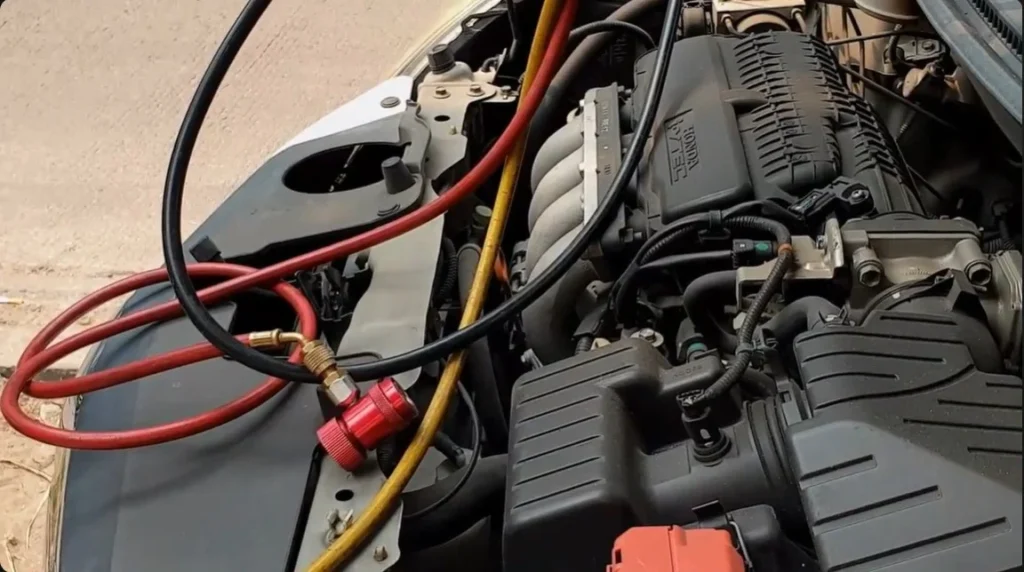Common signs of electrical system problems in cars include flickering lights, dead batteries, and trouble starting the engine. Unusual smells or blown fuses are also indicators.
Electrical system issues in cars can be frustrating and inconvenient. Prompt attention to these problems is essential for safety and vehicle performance. Flickering lights often signal a failing alternator or battery. A dead battery might indicate a charging system malfunction.
Trouble starting the engine could be due to a weak battery or faulty wiring. Unusual smells may arise from burning wires or melting insulation, while blown fuses suggest overloaded circuits. Regular maintenance and early detection help avoid costly repairs and keep your car running smoothly. Always consult a professional mechanic if you notice these signs.
Dashboard Warning Lights
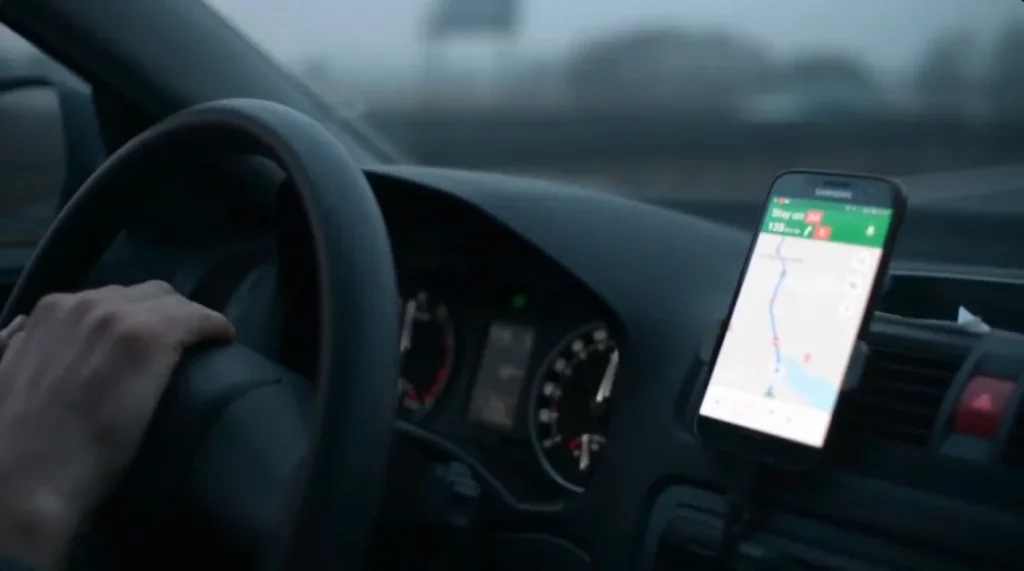
Dashboard warning lights are crucial for identifying electrical system problems in cars. These lights indicate various issues that need immediate attention. Ignoring them can lead to severe damage or costly repairs. Understanding these lights can save you time and money.
Check Engine Light
The Check Engine Light warns about engine-related issues. It could indicate a minor problem or a severe issue. A loose gas cap can trigger this light. More serious problems include faulty sensors or a failing catalytic converter.
Ignoring this light can lead to engine damage. Always address this light promptly to avoid costly repairs.
Battery Warning Light
The Battery Warning Light signals issues with your car’s battery. It could mean a weak battery or charging system problem. A failing alternator could also trigger this light. If this light appears, your car might not start soon. Addressing this light quickly can prevent being stranded. Get your battery and charging system checked immediately.
Dimming Or Flickering Lights
Having a reliable car is important for everyone. One common issue is electrical system problems. One major sign of these problems is dim or flickering lights. This can be a warning of a deeper issue.
Headlights
Headlights are essential for driving at night. If they start dimming or flickering, it can be dangerous. A weak battery could be the cause, or a failing alternator might also be. Both need to be checked by a mechanic.
Interior Lights
Interior lights help you see inside your car. If these lights flicker or dim, it can be annoying. This might mean there is a problem with the car’s wiring. Sometimes, it might be a loose connection. Other times, it could be a more serious issue.
| Symptom | Possible Cause |
|---|---|
| Dim Headlights | Weak Battery or Failing Alternator |
| Flickering Interior Lights | Wiring Issue or Loose Connection |
It is crucial to address these problems quickly. Ignoring them can lead to bigger issues. Always get your car checked if you notice these signs. Safety should be the top priority.
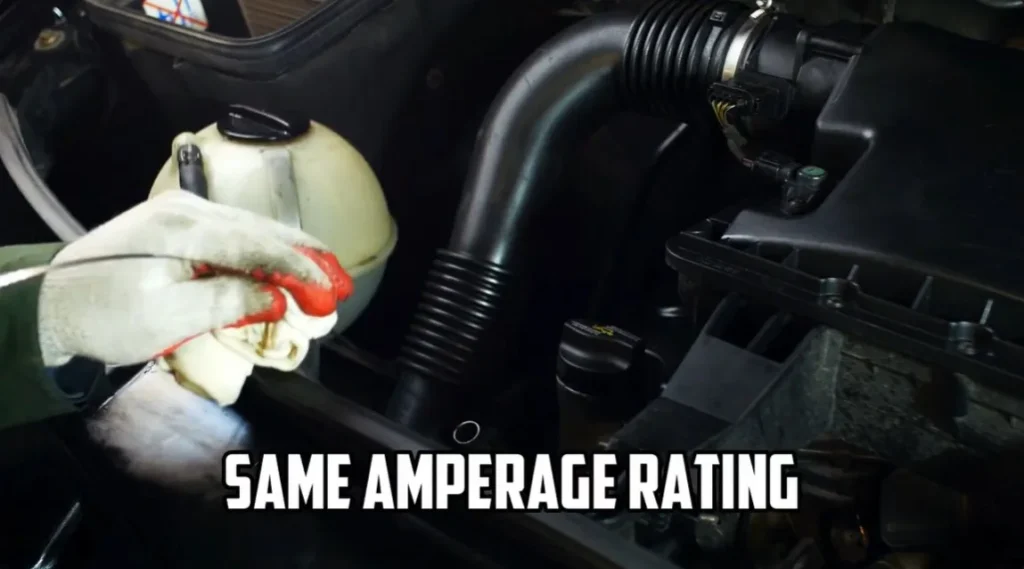
Electrical Component Failures
Electrical component failures are common in cars. These issues can affect various systems. Understanding the signs can help in early detection. Early detection can prevent costly repairs. Here are some common electrical component failures in cars.
Power Windows
Power windows are a common feature in modern cars. They rely on electrical systems to function. Signs of power window failure include:
- Windows move slowly
- Windows don’t respond to the switch
- Strange noises when operating windows
If you notice any of these signs, the power window motor or switch might be faulty. Regular maintenance can keep power windows working smoothly.
Infotainment System
The infotainment system includes the car’s radio, GPS, and touchscreen. Signs of infotainment system issues include:
- Screen freezes
- Unresponsive touch commands
- No sound from the speakers
These issues might be due to software glitches or wiring problems. Updating the software or checking the wiring can resolve many issues.
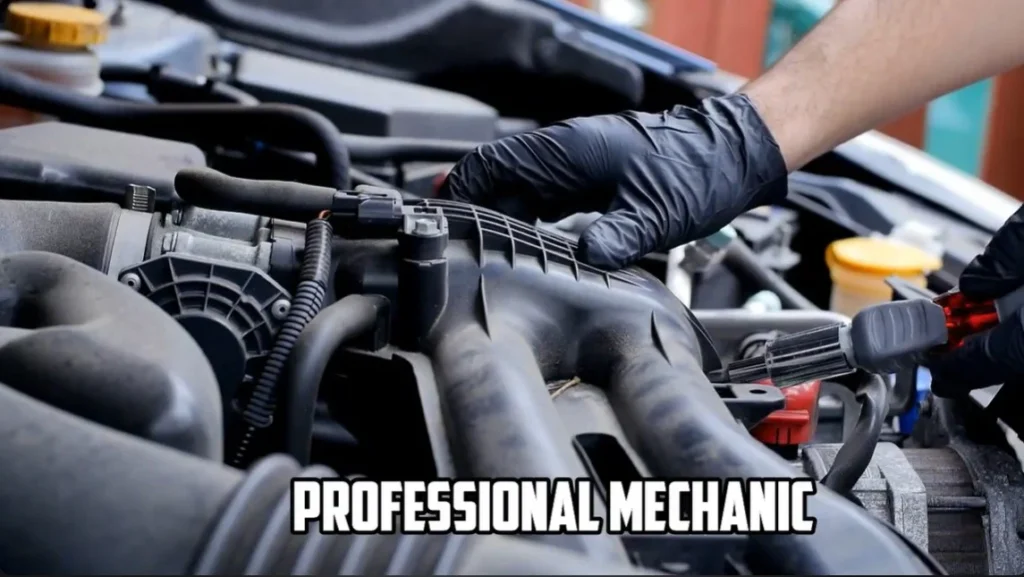
Unusual Sounds
Unusual sounds in your car can be a sign of electrical system problems. These noises can range from clicking to buzzing or humming. It’s important to know what each sound might mean.
Clicking Noises
Are you hearing a clicking noise? This could be a sign of a failing starter motor. The starter motor helps your engine turn on. If the motor is weak, you might hear clicking sounds. Another possible cause is a weak battery. A weak battery can’t supply enough power to the starter motor.
This results in a clicking sound. Listen closely to where the noise is coming from. This can help you identify the problem.
Buzzing Or Humming
A buzzing or humming sound can be alarming. This might indicate a problem with the alternator. The alternator charges the battery and powers the electrical system. If it’s failing, you might hear a buzzing or humming noise. Another cause could be a bad ground connection.
This affects the flow of electricity and creates noise. Check all connections to ensure they are tight and clean.
| Sound | Possible Cause | Action |
|---|---|---|
| Clicking | Starter Motor | Inspect the starter motor |
| Clicking | Weak Battery | Test or replace the battery |
| Buzzing/Humming | Alternator | Check the alternator |
| Buzzing/Humming | Bad Ground Connection | Check and clean connections |
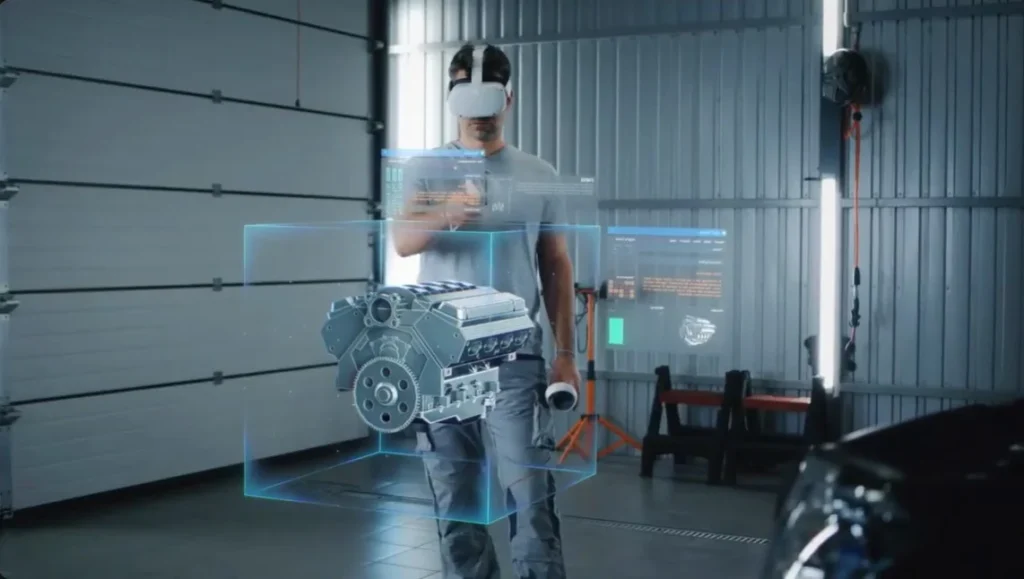
Burning Smell
Experiencing a burning smell in your car is never a good sign. This odor often indicates a problem with the electrical system. Identifying the source of the smell quickly can prevent serious damage and ensure safety.
Insulation Odor
If you detect an odor similar to burning plastic, it could be insulation burning. Electrical wires are coated with plastic insulation. When this insulation overheats, it melts and emits a distinct smell. This can happen if there is a short electrical cord or a damaged wire.
Here are some common causes of insulation burning:
- Frayed wires
- Improperly installed electronics
- Overloaded circuits
Inspecting the wiring can help locate the problem. If you find any damaged wires, replace them immediately.
Overheating Components
Another source of a burning smell is overheating electrical components. These components can include alternators, batteries, and starters. Overheating can cause components to melt or burn, emitting a strong odor.
Common signs of overheating components:
- Battery terminal corrosion
- Alternator emitting smoke
- Starter motor failure
Regular maintenance and inspection can prevent overheating issues. Always check for any signs of wear or damage.
Replace faulty components to avoid further damage and ensure safety.
Trouble Starting The Car
Experiencing trouble starting your car can be frustrating. It often signals underlying electrical issues that need attention. Understanding these signs can help you diagnose and fix the problem early.
Slow Crank
A slow crank is a common sign of electrical problems. You might notice the engine turns over slowly when you try to start it. This often indicates a weak battery or a faulty starter motor.
- Dim headlights
- Soft clicking noise
- Battery warning light on the dashboard
| Possible Cause | Symptom |
|---|---|
| Weak Battery | Engine cranks slowly |
| Faulty Starter Motor | The engine turns over slowly |
| Bad Alternator | The battery doesn’t charge properly |
No Crank
A no-crank situation is more serious. When you turn the key, nothing happens. This could be due to several reasons:
- Dead battery
- Broken starter motor
- Faulty ignition switch
Here are some signs to watch for:
- Complete silence when turning the key
- No dashboard lights
- Clicking noise but no engine activity
Understanding these signs can save you time and money. Check your car’s electrical system regularly to avoid these problems.
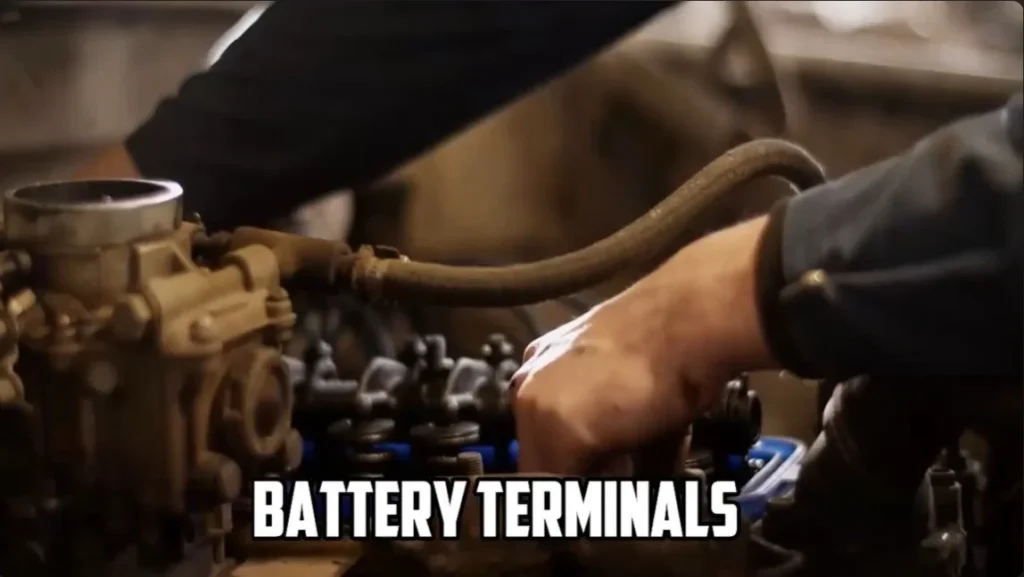
Battery Issues
Your car’s battery is vital for its operation. It supplies power to start the engine and run electrical systems. Recognizing battery issues early can save you from being stuck.
Frequent Jump Starts
Needing frequent jump starts is a clear sign of battery problems. A healthy battery should hold a charge for a long time. If your car needs a jump start often, the battery might be weak.
Here are some common reasons for frequent jump starts:
- Old Battery: Car batteries usually last 3-5 years.
- Parasitic Drain: Electrical components may draw power when the car is off.
- Faulty Alternator: The alternator charges the battery. A faulty one can lead to a drained battery.
Corroded Terminals
Corroded terminals can cause battery issues. Corrosion appears as a white or bluish substance around the battery terminals. This can prevent the battery from sending power to the engine.
Steps to clean corroded terminals:
- Turn off the engine and disconnect the battery.
- Mix baking soda and water to form a paste.
- Apply the paste to the corroded areas and scrub with a toothbrush.
- Rinse with water and dry with a cloth.
- Reconnect the battery terminals.
Regularly check the battery terminals. Keeping them clean ensures a good connection.
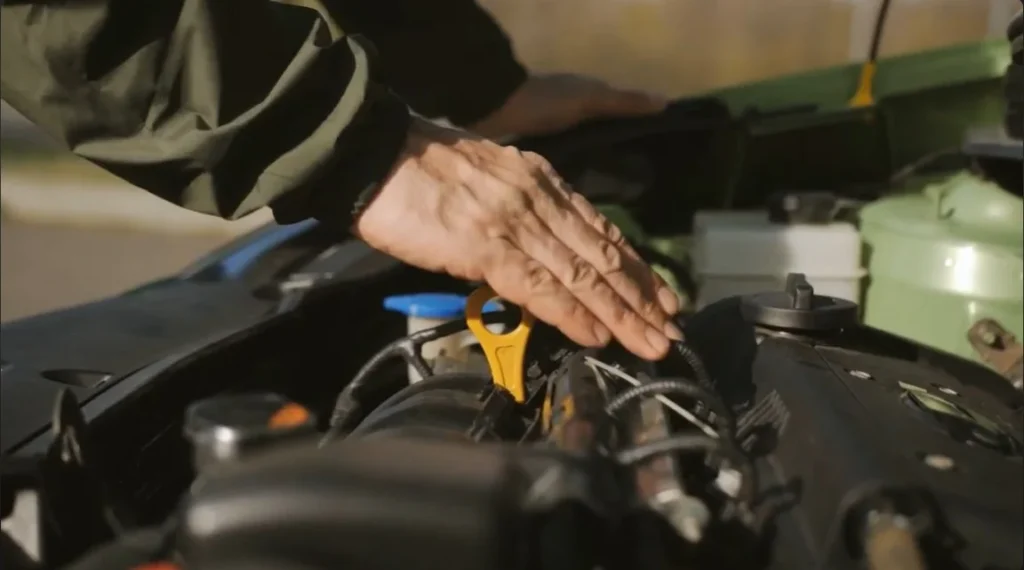
Credit: www.nissanofpicayune.com
Fuses Keep Blowing
One of the most common signs of electrical issues in cars is blown fuses. Fuses protect the electrical system by breaking the circuit if there’s a problem. If your car’s fuses keep blowing, it indicates a deeper electrical issue.
Frequent Replacements
Do you find yourself replacing fuses often? This is a clear sign of electrical problems. Fuses should last a long time. If they don’t, something is wrong.
Here’s a simple table to show the difference between normal and abnormal fuse replacement:
| Normal Fuse Replacement | Frequent Fuse Replacement |
|---|---|
| Every few years | Every few weeks or months |
| Only when adding new components | Without any changes to the system |
Underlying Electrical Faults
Frequent fuse replacements indicate underlying electrical faults. These faults can be tricky to diagnose. Common causes include:
- Short circuits
- Overloaded circuits
- Faulty wiring
Detecting these issues early can save you from bigger problems. Always inspect for damaged wires or loose connections. It’s best to consult a professional for complex issues.
Frequently Asked Questions
What Are The Symptoms Of A Bad Alternator?
A failing alternator may cause dim lights, dead battery, or electrical malfunctions.
Why Do Car Lights Flicker?
Flickering lights often indicate a weak battery, faulty alternator, or poor wiring connections.
How Can I Tell If My Battery Is Dead?
A dead battery typically results in a slow engine crank or no response when turning the ignition key.
What Causes Electrical Issues in Cars?
Common causes include faulty wiring, blown fuses, dead battery, or a failing alternator.
Why Does My Car’s Radio Stop Working?
A malfunctioning radio often points to a blown fuse, loose wiring, or an electrical system fault.
How Do I Fix A Blown Fuse?
Locate the fuse box, identify the blown fuse, and replace it with one of the same rating.
Conclusion
Recognizing electrical system problems early can save you time and money. Keep an eye on warning lights, dimming headlights, and strange odors. Regular maintenance ensures your car remains in peak condition. Addressing issues promptly helps avoid costly repairs. Stay vigilant and prioritize your vehicle’s health for a smoother driving experience.
batteries

